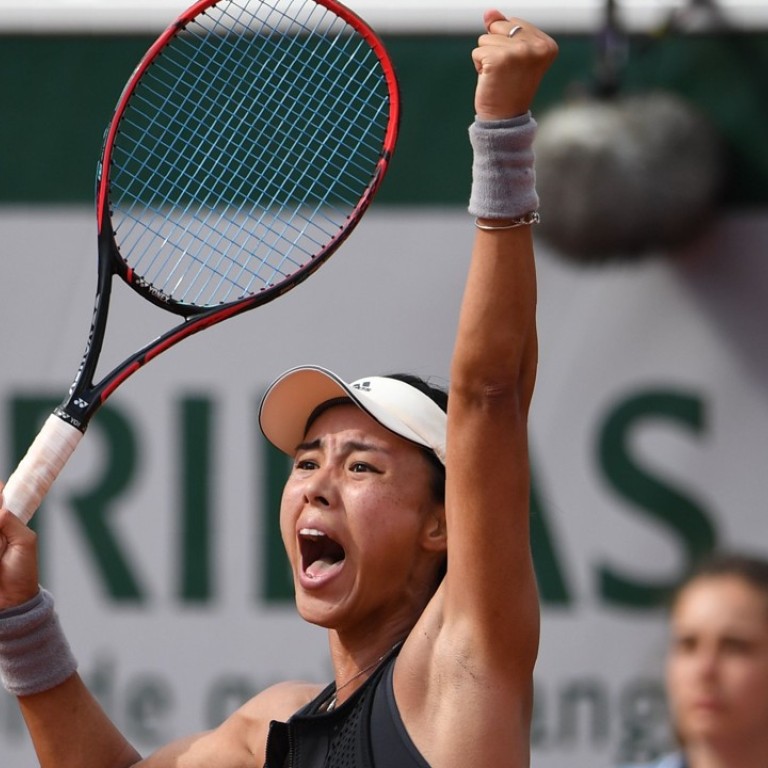
Could Wang Qiang be the next Li Na? Chinese star makes presence felt at French Open as she blasts into third round
The 26-year-old is making a fiery start at Roland Garros years after her family made the sacrifice to send her to Japan for training
China’s Wang Qiang is turning heads and making a name for herself after reaching the third round of a grand slam event for the first time at the French Open and her early success is already drawing comparisons with retired compatriot Li Na, who ruled Roland Garros in 2011.
A first-round victory against American great Venus Williams was a huge morale booster but when the 26-year-old Tianjin native crushed volatile Petra Martic, of Croatia, 6-1, 6-1 in the second round, she was spoken about in the same breath as China’s greatest tennis player, who went on to win her second grand slam title at the 2014 Australian Open.
While Martic couldn’t get her game going, throwing her racquet in disgust, Wang was a picture of calmness and focus as she continued to smack forehand winners past her Croatian opponent.
“My coach is telling me to do that more,” said Wang, whose calm demeanour is belied by her intensive focus on court. Chinese reporters have praised her diligence on court and her humble, down-to-earth attitude with media and fans. She’s also wowing fans with her impressive serve as well.
Wang’s path to success at the French Open began at age four when she took the court with older players at a tennis centre in Tianjin, China.
One of those girls, Zhang Shuai, then eight-years-old, would become one of China’s top players, currently ranked 27th in the world.
“She [Wang Qiang] was very cute, with short hair. That’s why I remember her,” Zhang, who reached the second round at Roland Garros, recalls. “We had so many girls and boys on the team. I was also very young. She was the youngest on the team.”
As the “baby” Tianjin team, Wang didn’t have much of a chance of playing against her older players and representing the team at national competitions. But she did all she could to learn from her more experienced compatriots, including Zhang, who Wang looked up to like an older sister.
“We are very close,” says Wang after trouncing Martic on Wednesday. “We’ve known each other for a very long time. We’re very good friends.”
Now the dynamic duo from Tianjin are thriving on clay of Roland Garros, a long way from their upbringing on the hardcourts of northern China.
Before making the trip to Paris, Wang had already racked up a few notable results, that included beating reigning Australian Open champion Caroline Wozniacki and former US Open champion Sam Stosur.
Wang then made headlines at this year’s tournament when she upset Venus Williams 6-4, 7-5, avenging a Wimbledon loss last year to Williams, who reached the All England final against Spain’s Garbine Muguruza
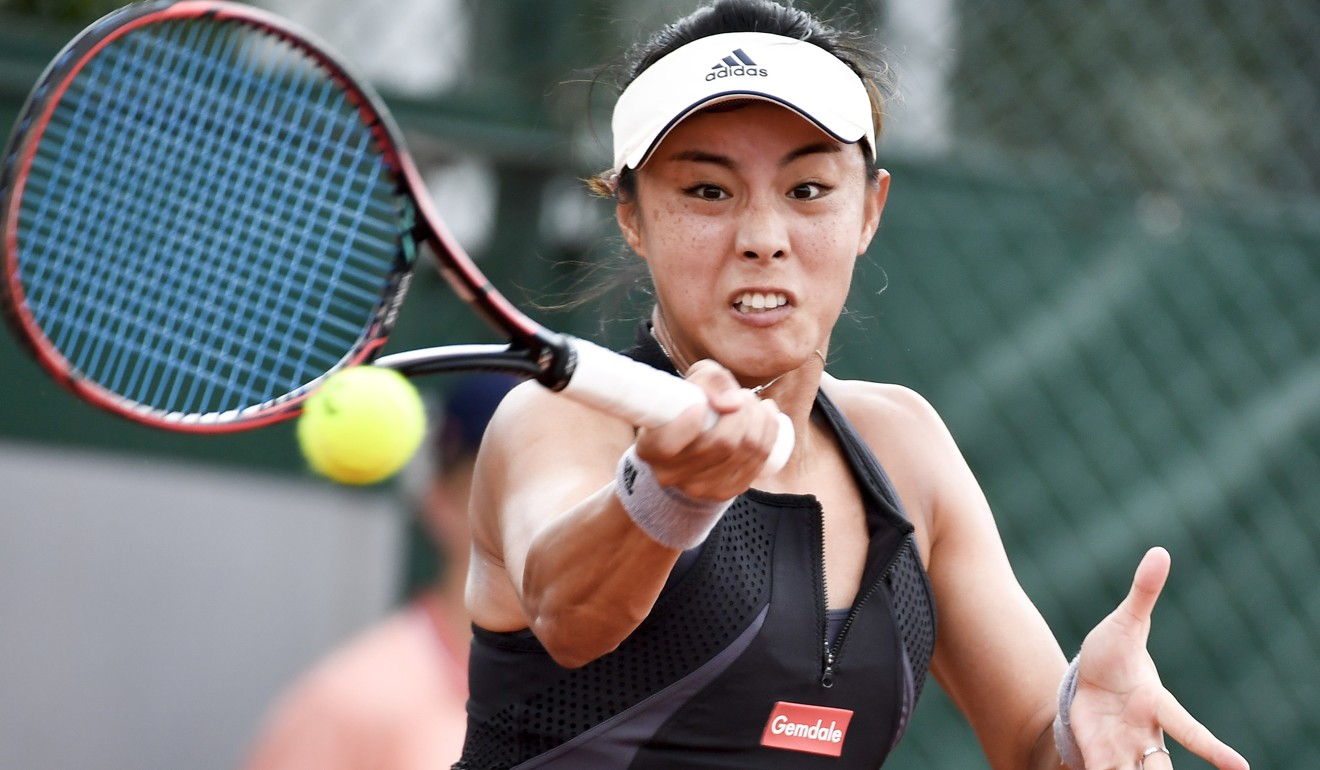
Wang says she watched some videos of famous players such as German great Steffi Graf but mostly learned to play by watching Zhang and others in action. “In Tianjin we have good coaches and a good environment for playing and learning. When we were young we had good players there also. We could see good players and how to play tennis,” she said.
At first, Wang didn’t receive the kind of national funding that paid for Zhang’s travels and coaching. So Wang’s father, a self-employed businessman, spent the family’s own money on Wang’s dreams of a career in tennis. While Wang’s mother stayed in China with another daughter, Wang’s father took Qiang to Japan at age 16.
“I trained in Japan for a few years because China at the time didn’t have so many tournaments where I could play,” says Wang. “Japan had a lot of small tournaments.”
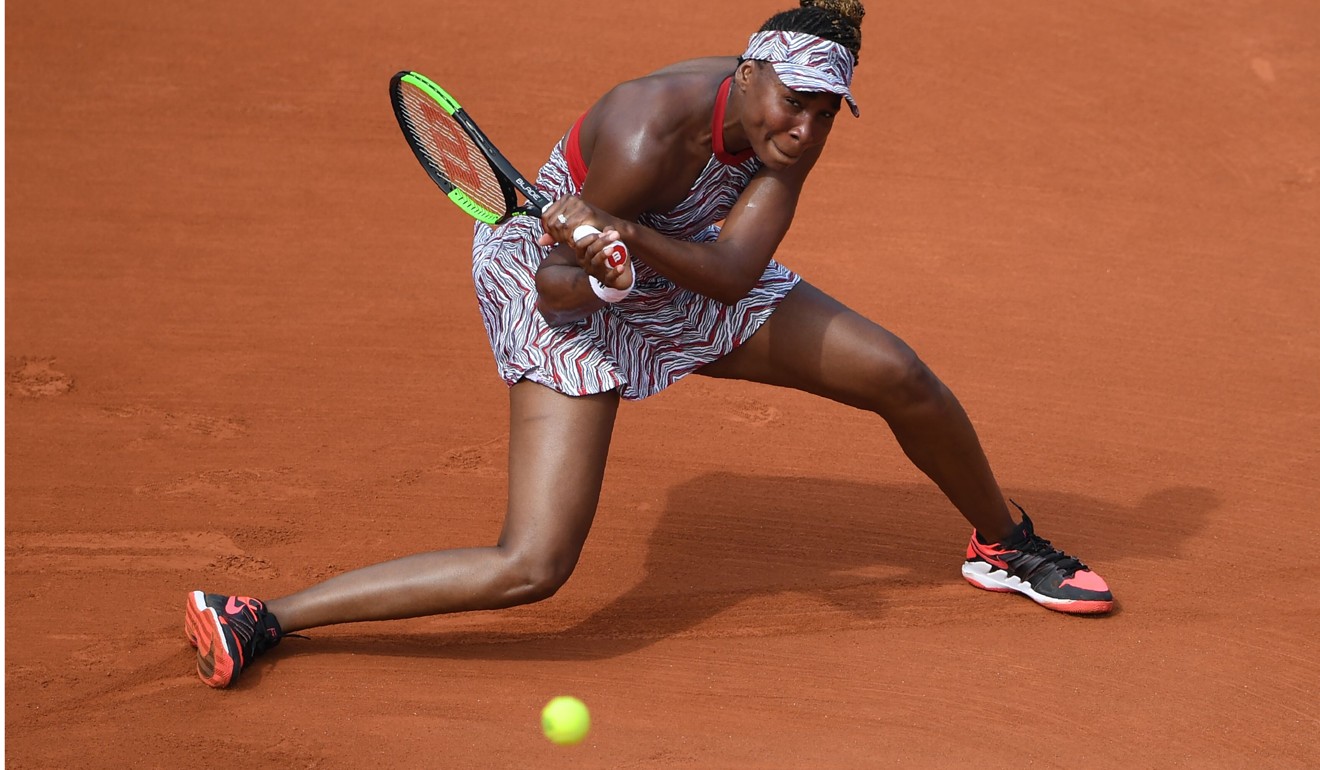
Zhang says Wang’s experience as a foreigner in Japan prepared her for the rigours of international tennis. “That’s why she’s very tough. She’s always fighting, she never gives up court.”
Her family’s investment paid off. Wang came into the French Open ranked 85th in the world, with more than US$1.67 million in career earnings.
Though she played her first WTA qualifier at age 15, Wang needed several more years to blossom into a top 50 player.
At age 18, she won her first singles title and a doubles title on the ITF circuit below the main tour level. She won four more ITF circuit titles in 2012 and finally qualified for a WTA main tour match at age 20. She broke the WTA top 100 in late 2014 and won a match at the US Open, repeating that feat the following year. In 2016 she won her first match at Roland Garros, and also won first-round matches at the Australian and US Opens.
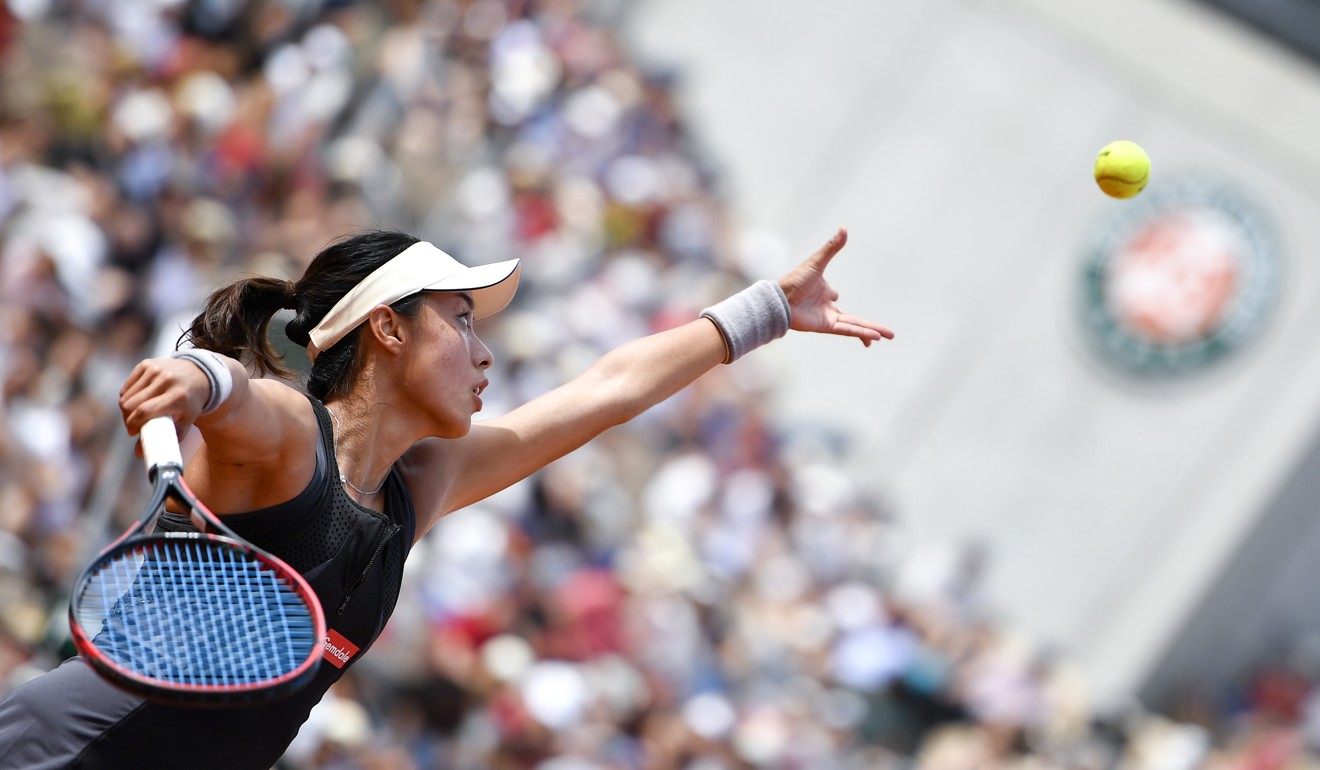
She finished 2017 ranked 45th in the world, and won the 125k series title in Zhenzhou, China, defeating Peng Shuai in the final. Last year Wang also beat Russia’s Elena Vesnina in Rome, Frenchwoman Kristina Mladenovic in Tokyo, and reigning US Open champion Sloane Stephens in Wuhan. Wang reached the semi-finals at the Prudential Hong Kong Open, losing to eventual champion, Anastasia Pavlyuchenkova, of Russia. She also made the quarters in Shenzhen, Dubai, Kuala Lumpur and Tokyo.
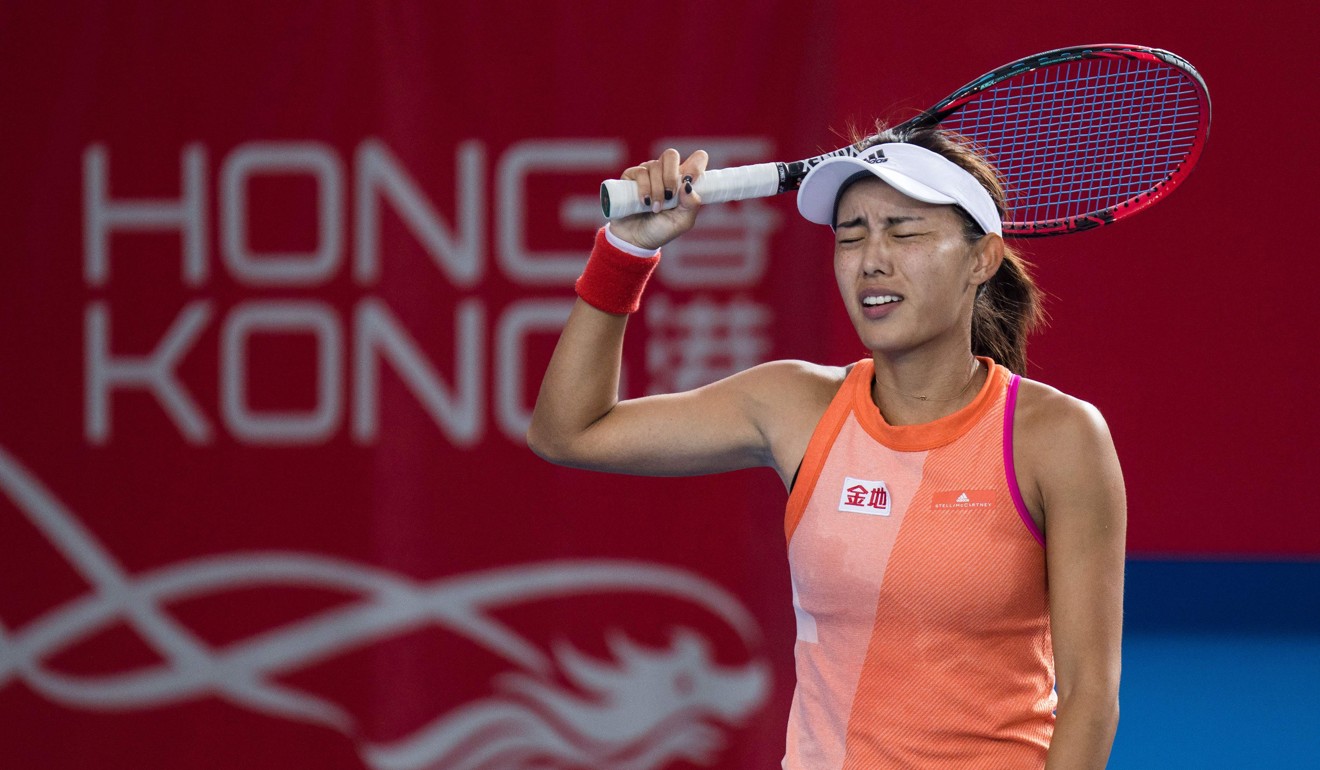
Though she lacks the experience of seasoned Europeans on red clay, the speedy Wang says she likes the surface. “Clay is good for my movement.”
Although not going as far as saying Wang could be the next Li Na, the 27th-ranked Zhang believes Wang can go on to bigger and better things on clay and other surfaces. “She moves much faster than me. She seems a lot better than me. When I learned tennis, it was like old-style methods. She’s a few years younger, so she had better tennis training at a time when she was learning tennis. So I think she has a very good future.”

